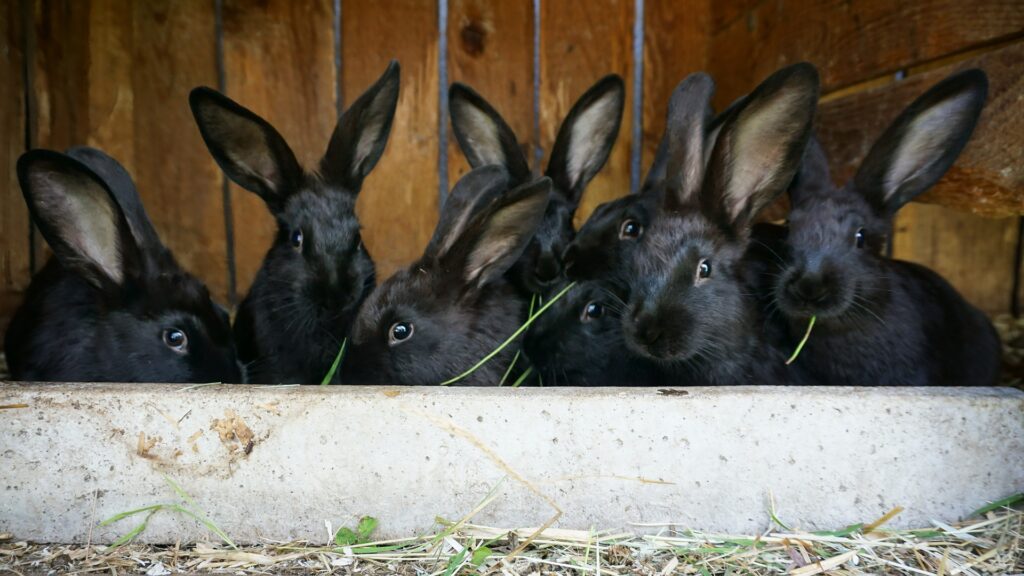
Cuniculture is about raising domestic rabbits for various purposes, including meat, fur, manure, and pets. With a history dating back thousands of years, Cuniculture has played an essential role in many cultures worldwide. Rabbit farming is popular due to its numerous benefits, including the fast growth rate of rabbits, high feed-to-meat conversion ratio, and low production costs.
What is Cuniculture?
Cuniculture, also known as rabbit farming, is the art of breeding and raising domestic rabbits to obtain their meat, fur, wool, and other valuable byproducts.
This farming method has been used for thousands of years and is a widespread practice in many parts of the world. Rabbit farming is a growing industry, with many small-scale farmers and homesteaders raising rabbits for their meat, fur, and manure.
What Products Does Cuniculture Produce?
Rabbit Meat
One of the most popular products of Cuniculture is rabbit meat. Rabbit meat is known for its low fat and high protein content, making it a nutritious and healthy alternative to other meats. It is commonly used in various cuisines worldwide, including French, Italian, and Chinese.
Rabbit meat is often compared to other types of meat, such as chicken, beef, and pork. Regarding flavour, rabbit meat is often described as having a mild, slightly sweet taste similar to chicken. It is a leaner meat, with less fat and fewer calories than beef or pork.
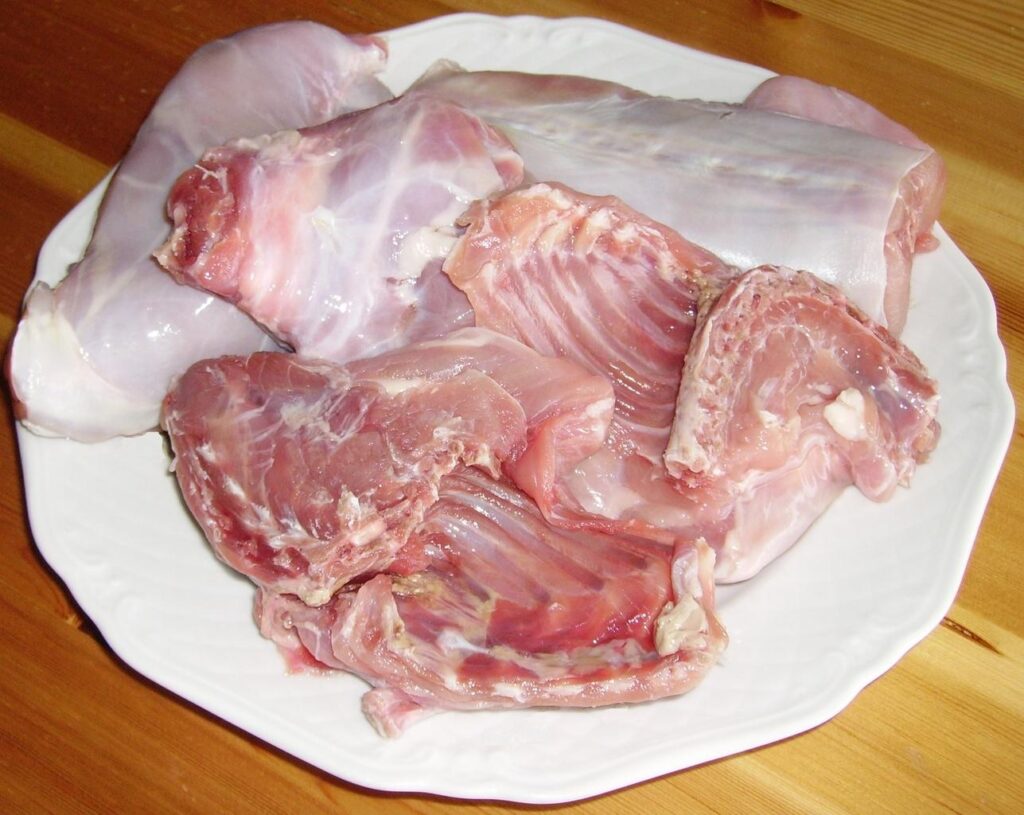
Rabbit Fur
In addition to meat, rabbits’ fur is highly valued for its softness, warmth, and durability. It is used in the textile industry to make clothes, hats, and other accessories.
Rabbit Wool
There are also unique breeds of rabbits specially kept for their wool. These long-furred rabbits are brushed regularly, and the wool pulled off is spun into thread. It is a similar process to processing sheep’s wool.
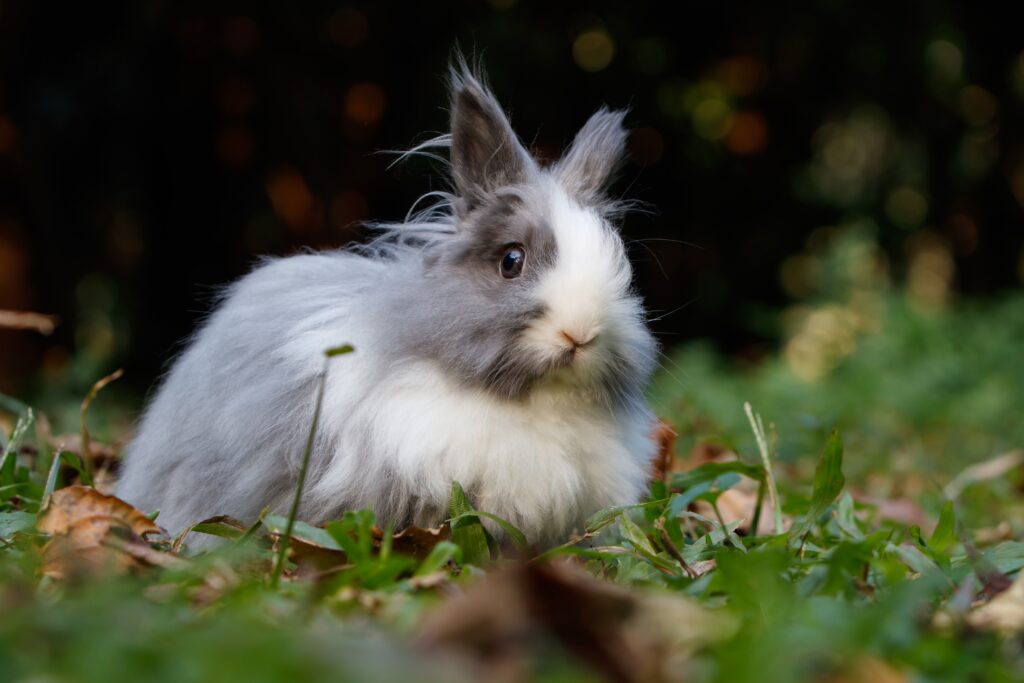
Rabbit Manure
Cuniculture is also known for less glamorous byproducts, such as rabbit manure and urine. Manure is an excellent natural fertilizer for crops as it is cold manure, which means it can go directly into the garden without having to go through the compost first.
Rabbit urine
Rabbit urine, when watered down, is a fantastic pesticide to deal with bugs without using chemicals. It was also used in traditional medicine for its medicinal properties. This multi-faceted industry has become an important source of income for many farmers and has contributed to the economy of many countries.
How Cuniculture Started?
The history of Cuniculture dates back to the Roman era, where evidence of rabbit domestication was found. Rabbits were raised for their meat and fur and as a source of medicine. However, the modern practice of Cuniculture began in the early 20th century in Europe, where it gained popularity due to the low production costs and high demand for rabbit meat and fur.
In the United States, Cuniculture became popular during the Great Depression, providing a low-cost source of meat for families. In the mid-20th century, Cuniculture declined in popularity as other forms of agriculture, such as beef and poultry farming, became more profitable.
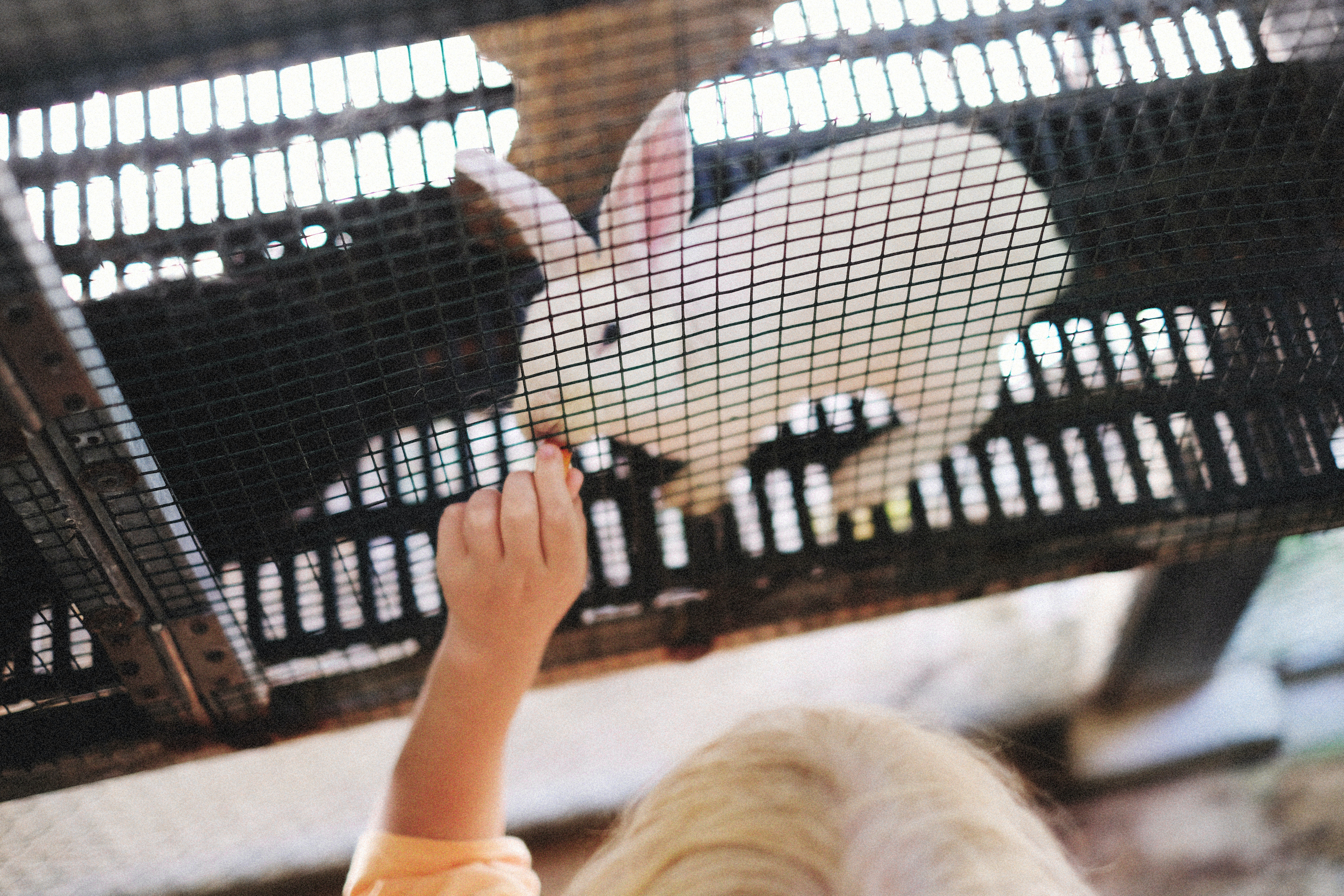
What Does Cuniculture Look Like Today?
Cuniculture has become a diverse and thriving industry with various farming practices and production systems. Many countries consider it a sustainable and environmentally friendly agricultural practice due to its low carbon footprint and water usage.
In recent years, there has been a significant increase in small-scale cuniculture operations, with many people starting their own homesteads and rabbit farms for personal consumption or to sell to local markets.
FAQs
Q: Is rabbit meat a healthy choice?
A: Yes, rabbit meat is an excellent source of protein, low in fat, and high in nutrients like iron and vitamin B12.
Q: How are rabbits raised in Cuniculture?
A: Rabbits can be raised in various systems, including indoor and outdoor, depending on the size of the operation and the climate. The most common systems include cages or hutches.
Q: What are the benefits of rabbit manure in agriculture?
A: Rabbit manure is a high-nitrogen fertilizer that improves soil structure and promotes healthy plant growth. As a ‘cold Manure,’ it can be put directly into the garden without being composted first. It is also low in odour and easy to handle.
Q: Is Cuniculture cruel to rabbits?
A: Like any animal agriculture industry, there are concerns regarding animal welfare in Cuniculture. However, many rabbit farmers prioritize the health and well-being of their animals and follow strict guidelines to ensure proper care.
Q: Can rabbits be kept as pets and for Cuniculture at the same time?
A: Yes, some people keep rabbits as both pets and for Cuniculture, but it is essential to ensure that the rabbits receive proper care and are not subjected to stressful conditions. Caution is advised, though, as meat rabbit breeds are much larger than more common pet breeds.
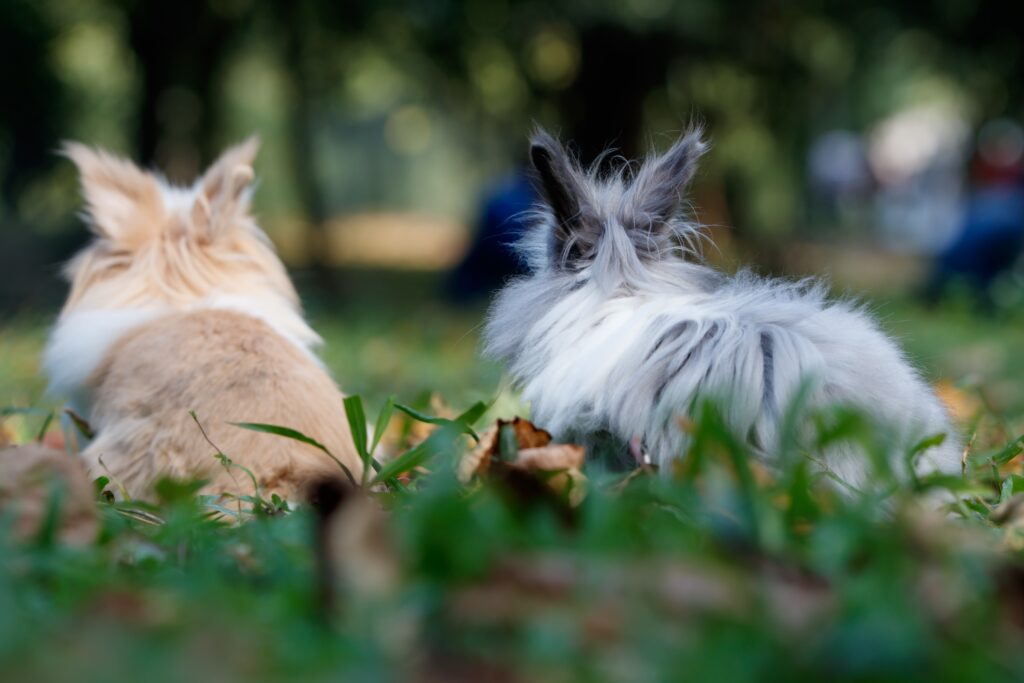
Cuniculture is a fascinating and important industry that has a rich history and a promising future. It provides a sustainable and low-cost source of protein and other products that benefit people around the world.